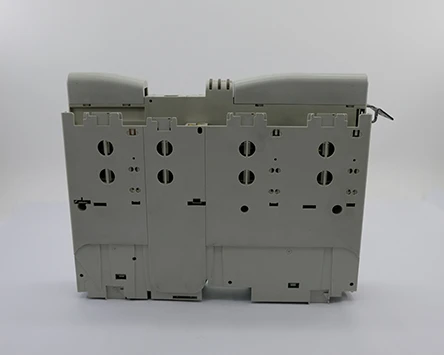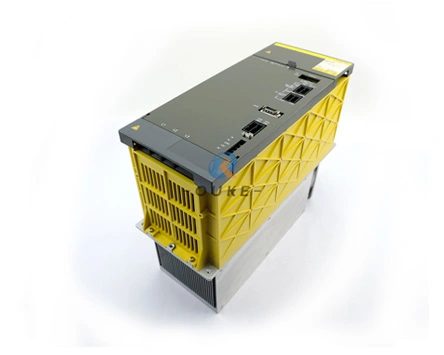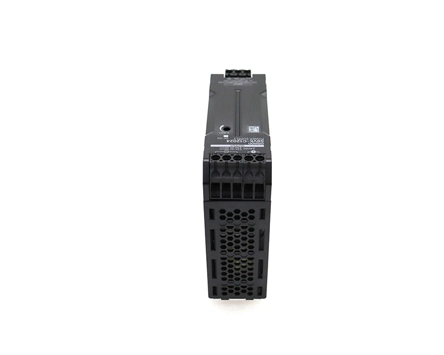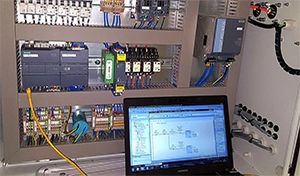
Many people may not know much about the industrial FANUC controller system. In fact, it is the product of the deep integration of industrial manufacturing and the Internet, which can promote the reconstruction of industrial chain, industrial chain, and value chain. Besides, it can make the production mode of safety industrial chain such as design, production, and service become the norm. However, it also comes with certain potential safety hazards when it provides production efficiency. Therefore, industrial safety incidents have occurred frequently in recent years, which has attracted our attention.

Although the industrial controller FANUC system breaks the traditional industrial manufacturing mode, it also faces security threats such as viruses and Trojans, which may cause serious economic losses and social impact. For example, the worm blackmail virus that broke out last year will lead to production stagnation or loss of important information once infected,. The main reason is that most of industrial original tested FANUC control systems are caused by loopholes and do not repair the continuous operation in time.
It is not easy to protect the security of industrial FANUC circuit board original CNC control system, mainly because most industrial networks are established before network threats occur and there is no built-in external security control. Understanding the main threats faced by these networks is the first step to improve their security situation.
It is possible that most of the external cyber attacks against the ICs network have been approved by political parties(ethnic States, terrorist organizations or radical hackers), but it may also be partly industrial espionage. Based on the motives of opponents, the purposes of such attacks are diverse. If it is politically motivated, the targets of attacks are more likely to be caused by operation interruption and physical destruction, while the purpose of industrial espionage attacks is to think more about stealing intellectual property rights. Nowadays, most Industries, especially those involving critical infrastructure, are more likely to be targets of politically motivated attacks, who is aimed at causing operational disruption and physical damage.
Companies that do not worry about apt or target attacks are also vulnerable to collateral damage, because politically motivated ICs cyber attacks are designed to damage the operating FANUC circuit control CNC system and the tools used are applicable to all industries. Such attacks will inevitably affect non target companies and their ICs networks.
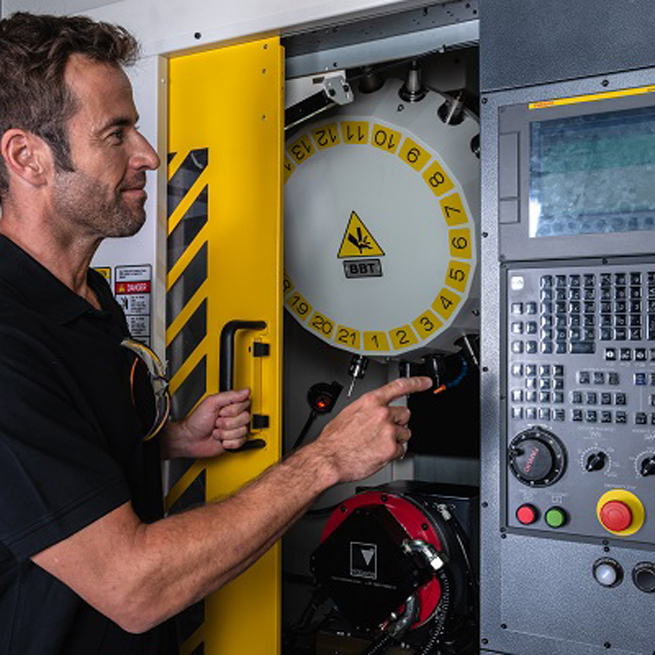
There are many comments on the internal threats of IT networks, but the risk of industrial networks is equivalent to that of IT networks. The handheld ICs Siemens control systems can legally access employees, contractors, and third-party integrators. Since most ICs networks do not have any authentication or encryption to restrict user activities, internal personnel can move freely on any equipment in the network, including monitoring, data acquisition Siemens access control system, and key controllers responsible for the whole industrial process life cycle.
A famous case is about an employee of sewage treatment plant in Australia, who works in a company that installs SCADA system in maluche County, Queensland. He was dissatisfied and used (potentially stolen) equipment to issue unauthorized instructions. When he applied for work in the county's municipal service, 800000 litres of untreated sewage flowed into local parks, rivers, and even hotels.
Human error is inevitable and can lead to high costs. For many companies, the risks associated with human error may be more serious than internal threats, which is considered to be the greatest threat to ICS Siemens numerical control system in some cases. Human errors, including incorrect settings and programmable logic controller (PLC) programming errors, may lead to dangerous changes in the workflow and some vulnerabilities that can be exploited by external opponents. For common examples of human errors, you can refer to the temporary connection that the integrator still opens after the project is completed.
When employees use "innovative methods" to complete their work, they are likely to make some mistakes. For example, if employees need to remotely connect to the ICs high quality Siemens control system but no secure channel is available, they will establish their own unauthorized remote connection. This unauthorized connection may become a leak point, exposing the industrial FANUC robot system to external attacks.
 English
English 日本語
日本語 한국어
한국어 français
français Deutsch
Deutsch Español
Español italiano
italiano русский
русский العربية
العربية Türkçe
Türkçe Jawa
Jawa